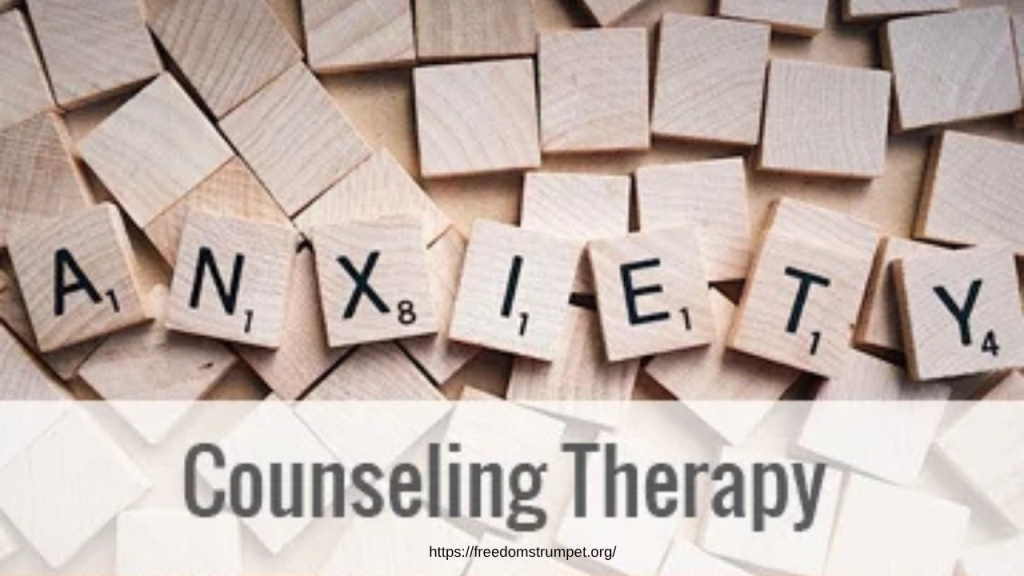Life is not always easy. From managing stress and anxiety to overcoming past trauma or addiction, everyone faces challenges that can feel overwhelming. While it is possible to cope alone, professional counseling often provides the clarity, guidance, and support necessary to navigate life’s difficulties effectively. At Freedom’s Trumpet, we understand that seeking help is a courageous and empowering step toward healing. Counseling is more than just talking about your feelings—it is a structured, compassionate approach to restoring balance, building resilience, and reclaiming your life.
Understanding the Value of Counseling
Counseling works because it addresses the root causes of emotional distress rather than simply masking symptoms. Many people turn to therapy to gain insight into their thoughts and behaviors, process difficult emotions, and develop tools for healthier coping. Whether dealing with mental health challenges, addiction recovery, or life transitions, counseling provides personalized guidance that supports lasting change.
A Safe Space to Explore Emotions
One of the most powerful aspects of counseling is the safe, confidential environment it provides. Many individuals struggle with shame, guilt, or fear of judgment, which can prevent them from sharing their feelings with friends or family. In therapy, clients are encouraged to speak openly and honestly. This safe space fosters self-awareness, reduces emotional burden, and enables individuals to process difficult experiences in a healthy way.
Personalized Support for Mental Health
Mental health issues such as depression, anxiety, and trauma can interfere with daily life and overall well-being. Counseling works by offering personalized strategies to manage these challenges. Techniques such as Cognitive Behavioral Therapy, mindfulness, and emotional regulation help clients gain control over negative thought patterns and build resilience against stress. Over time, these strategies become lifelong skills that support mental wellness and recovery.
Enhancing Addiction Recovery
For individuals in addiction recovery, counseling is especially critical. Emotional triggers, unresolved trauma, and stress can increase the risk of relapse. Through therapy, clients learn to identify triggers, develop coping mechanisms, and strengthen their commitment to sobriety. Freedom’s Trumpet integrates holistic and faith-based approaches into counseling, addressing not only the mind but also the body and spirit for comprehensive healing.
Improving Relationships and Communication
Emotional struggles can impact relationships with loved ones, coworkers, and peers. Counseling helps individuals develop communication skills, empathy, and conflict resolution strategies. By improving interpersonal relationships, clients experience increased support, reduced stress, and a stronger sense of connection in their personal and professional lives.
Promoting Self-Discovery and Growth
Beyond addressing challenges, counseling encourages self-discovery. Clients gain insight into their values, strengths, and goals, which fosters personal growth and confidence. This process allows individuals to make meaningful changes, set healthy boundaries, and approach life with greater purpose and clarity.
The Holistic Approach at Freedom’s Trumpet
At Freedom’s Trumpet, counseling goes beyond traditional therapy. Our programs integrate faith-based guidance, holistic wellness practices, and individualized care plans. This approach ensures that healing addresses the whole person—mind, body, and spirit—supporting lasting recovery and emotional balance.
Taking the First Step
Counseling works because it provides professional guidance, emotional support, and practical tools to navigate life’s challenges. If you are struggling with stress, mental health concerns, addiction recovery, or life transitions, speaking with a counselor can help you gain clarity, build resilience, and move forward with confidence.
Reach out to Freedom’s Trumpet today to begin your journey toward healing and self-discovery. The first step is often the hardest, but it is also the most powerful step toward a healthier, more balanced life.








